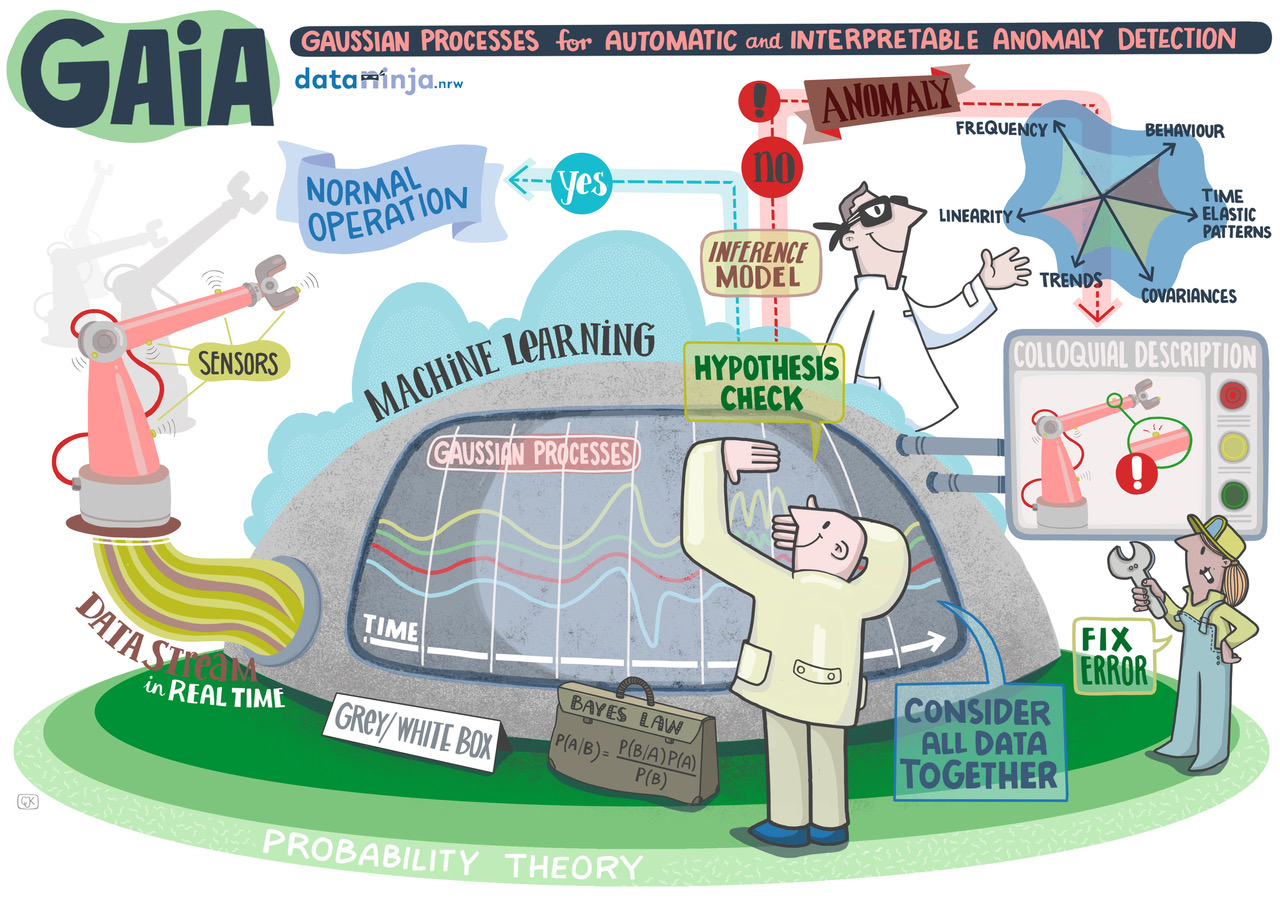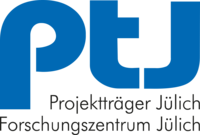
GAIA: Gaussian Processes for Automatic and Interpretable Anomaly Detection
Gaussian Process Models are widely used in Bayesian Machine Learning as they can be applied when only limited data is available and can be directly interpreted. The GAIA project will employ such Gaussian Process Models in an extension to multivariate time series. The resultant model will therefore cover spatial as well as temporal information and should detect anomalies spanning both of these dimensions. On focus will be on how model selection influences the explainability of constructed models.
A latent variable model can be used, for example, to represent a process as is found in many industrial applications. Such processes are characterized through temporal data given as time series. In the project, a latent variable model should be learned in an unsupervised fashion as a Gaussian Process Model. Importantly, prior knowledge on the particular application domain can be exploited: While usually in Gaussian Processes the search for a fitting covariance function is expensive, domain knowledge can be introduced into the covariance matrix in the form of underlying differential equations which leads to hybrid and interpretable models.


